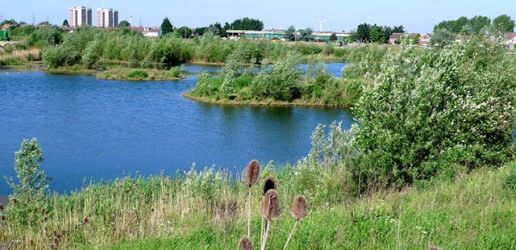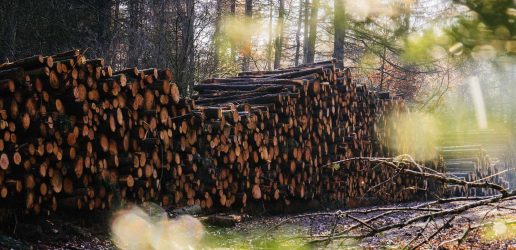On 5th May 2018 the Royal Botanic Gardens Kew opened the doors of the Temperate House after a major restoration project. The Temperate House is home to 1,500 temperate species from five continents and 16 islands, and includes some of the world’s rarest and most threatened plants.
Developed as part of the restoration, and led by Kew’s Learning and Participation department, a Temperate House Activity Plan will see a range of year-round hands-on activities being run for communities and visitors, as well as an online learning programme for schools throughout the UK. The aim of the activities is to widen the range of people who engage with Kew’s scientific work and visit the Temperate House, enabling them to develop key learning and science skills including those of observation and critical thinking.
Over the next two years, social scientists at Forest Research are working with Kew’s Learning and Participation staff and programme participants to co-design and carry out an evaluation of the Temperate House Activity Plan. As well as collecting data alongside staff, volunteers, community members and visitors, Forest Research scientists will be analysing this data to assess how far the objectives of the plan are achieved. The focus of the evaluation will be on the impacts of the plan, but it will also look for evidence of behavioural change amongst participants that can be attributed to their participation in the Activity Plan. The social scientists will also be creating a tool box of evaluation methodologies and resources that Kew can use in future evaluations.
Recent News
View All news
New land regeneration resources for creating green spaces on previously used land now available
The new resources bring together the latest learnings on land regeneration and climate change, and optimal soil thickness for planting on previously used land.

New national survey launched to strengthen plant pest and disease detection across UK horticulture
UK horticulture and landscaping businesses invited to take part in survey to strengthen non-native plant pest and disease detection and reporting.
Forestry and timber businesses across the UK are being asked to take part in an annual survey programme to collect data about the UK timber industry.

New land regeneration resources for creating green spaces on previously used land now available
The new resources bring together the latest learnings on land regeneration and climate change, and optimal soil thickness for planting on previously used land.

New national survey launched to strengthen plant pest and disease detection across UK horticulture
UK horticulture and landscaping businesses invited to take part in survey to strengthen non-native plant pest and disease detection and reporting.
Forestry and timber businesses across the UK are being asked to take part in an annual survey programme to collect data about the UK timber industry.

